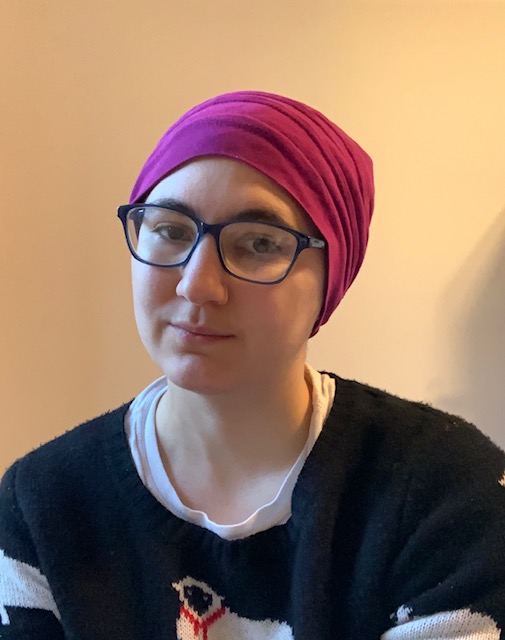
by Michele Kirichanskaya | Mar 3, 2023 | Blog
Sacha Lamb is a 2018 Lambda Literary Fellow in young adult fiction and graduated in Library and Information Science and History from Simmons University. Sacha lives in New England with a miniature dachshund mix named Anzu Bean. When The Angels Left The Old Country is...
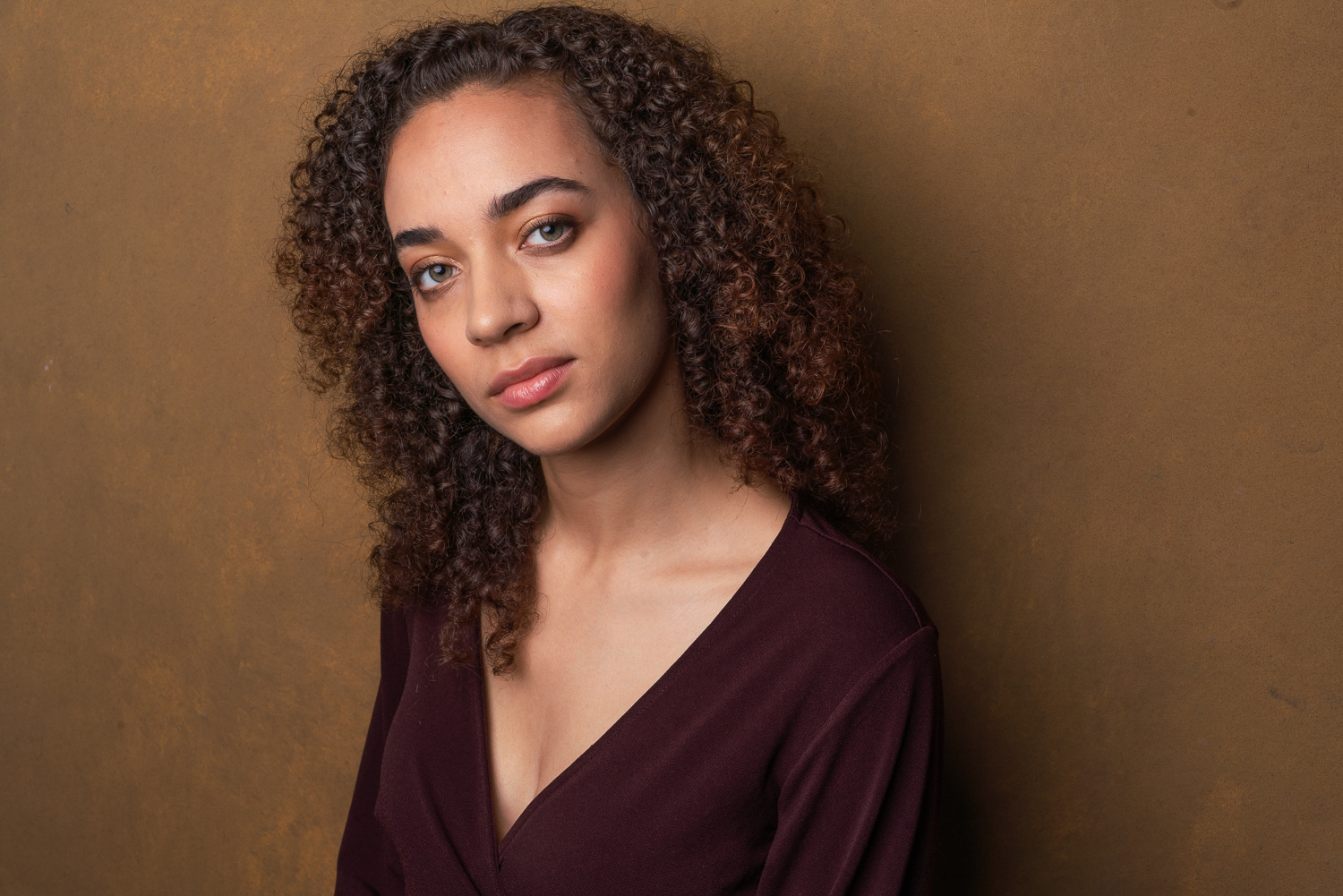
by Michele Kirichanskaya | Feb 17, 2023 | Blog
Aislinn Brophy (they/she) is an actor, writer, and arts administrator based in the Atlanta area. She was born and raised in South Florida but made her way up to the frigid northeast for college. Their hobbies include pawning off their baking on anybody nearby, doing...
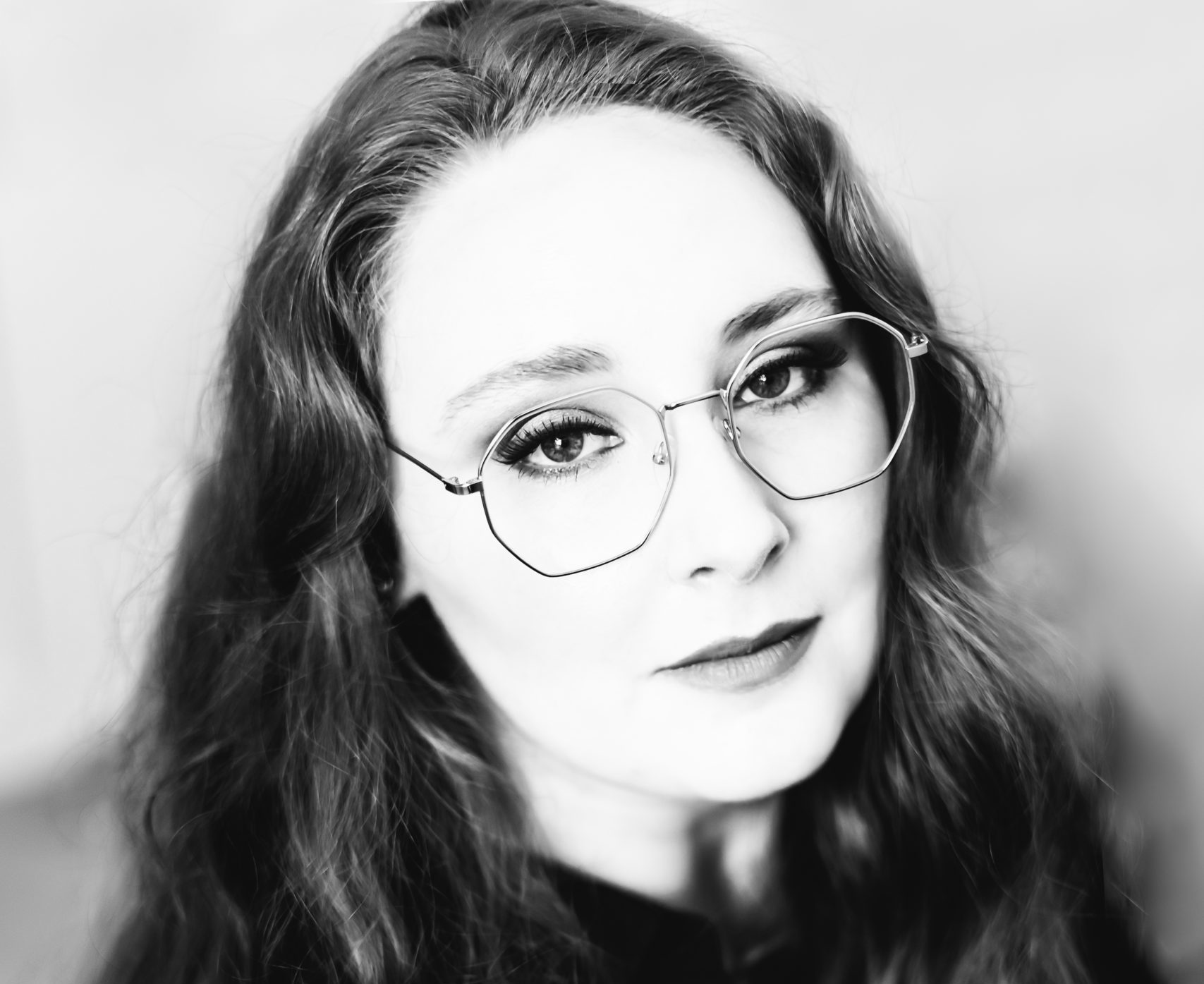
by Michele Kirichanskaya | Feb 9, 2023 | Blog
Once upon a time, Linsey Miller studied biology in Arkansas. These days, she holds an MFA in fiction and can be found writing about science and magic anywhere there is coffee. She is the author of the Mask of Shadows duology, Belle Révolte, The Game, What We Devour,...
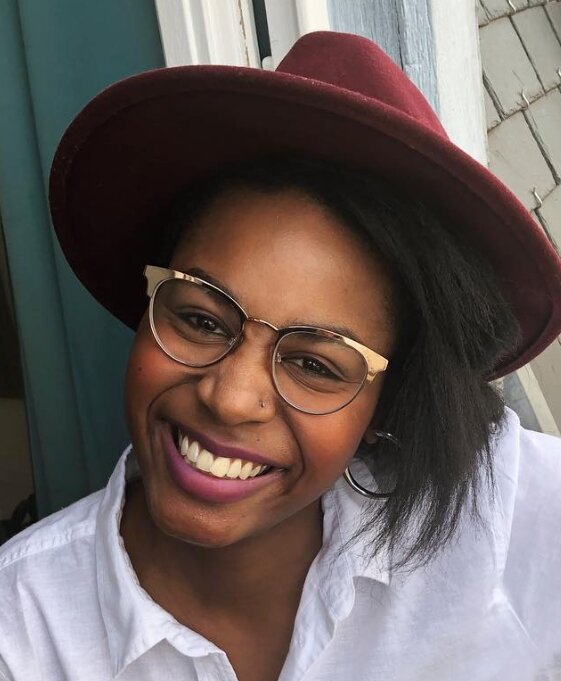
by Michele Kirichanskaya | Sep 24, 2022 | Blog
Patrice Caldwell is a graduate of Wellesley College and the founder of People of Color in Publishing—a grassroots organization dedicated to supporting, empowering, and uplifting racially and ethnically marginalized members of the book publishing industry. Born...
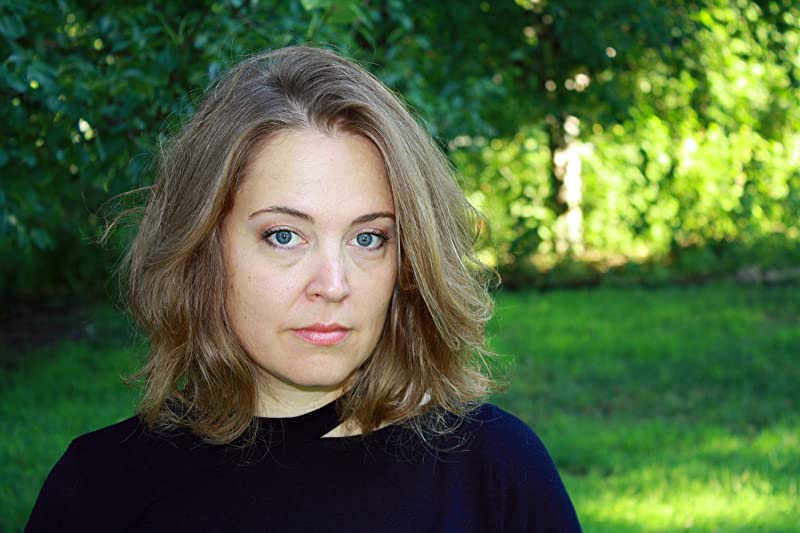
by Michele Kirichanskaya | Aug 12, 2022 | Blog
Tessa Gratton is genderfluid and hangry. She is the author of The Queens of Innis Lear and Lady Hotspur, as well as several YA series and short stories which have been translated into twenty-two languages. Her most recent YA novels are Strange Grace and Night Shine,...






